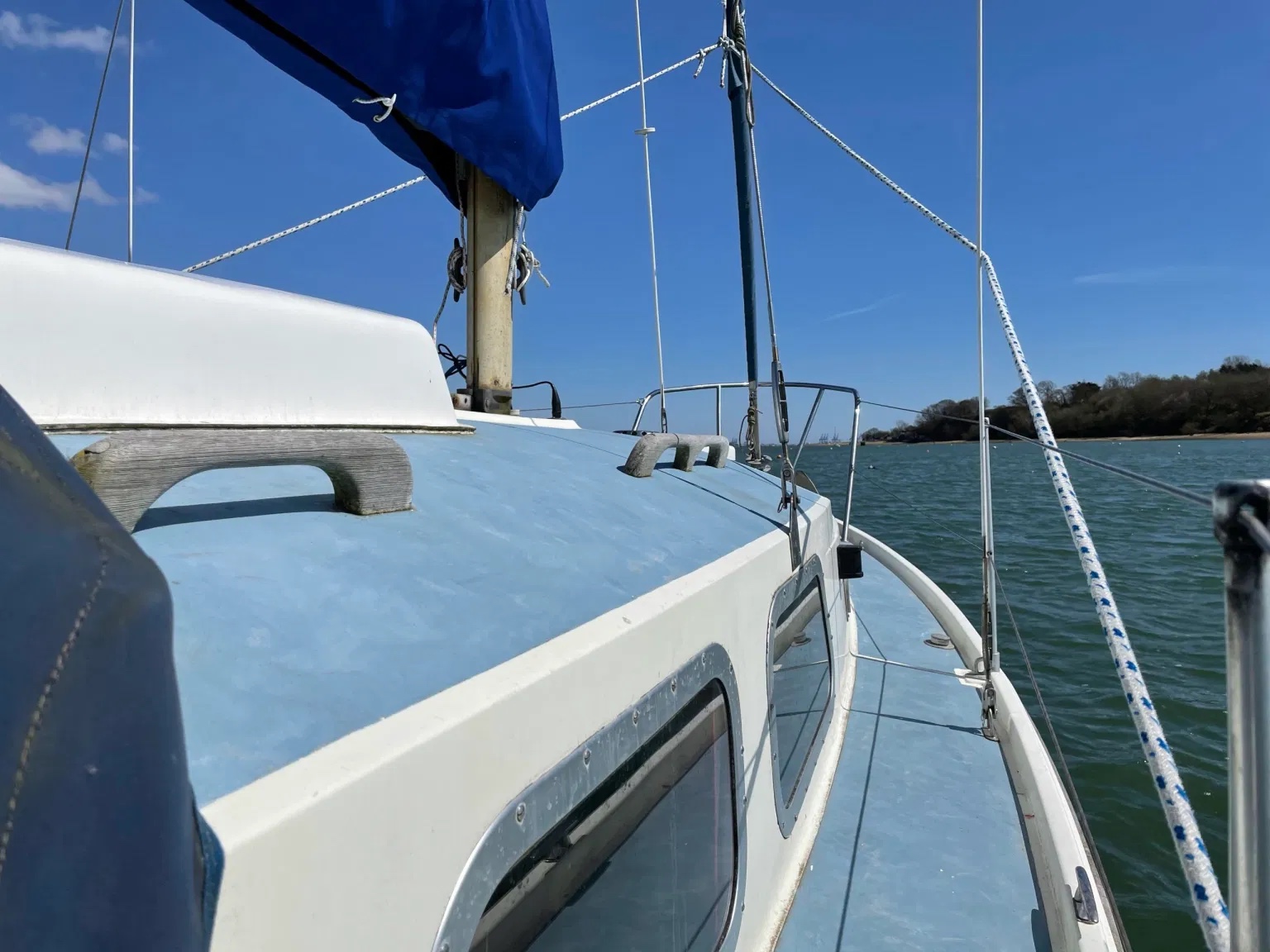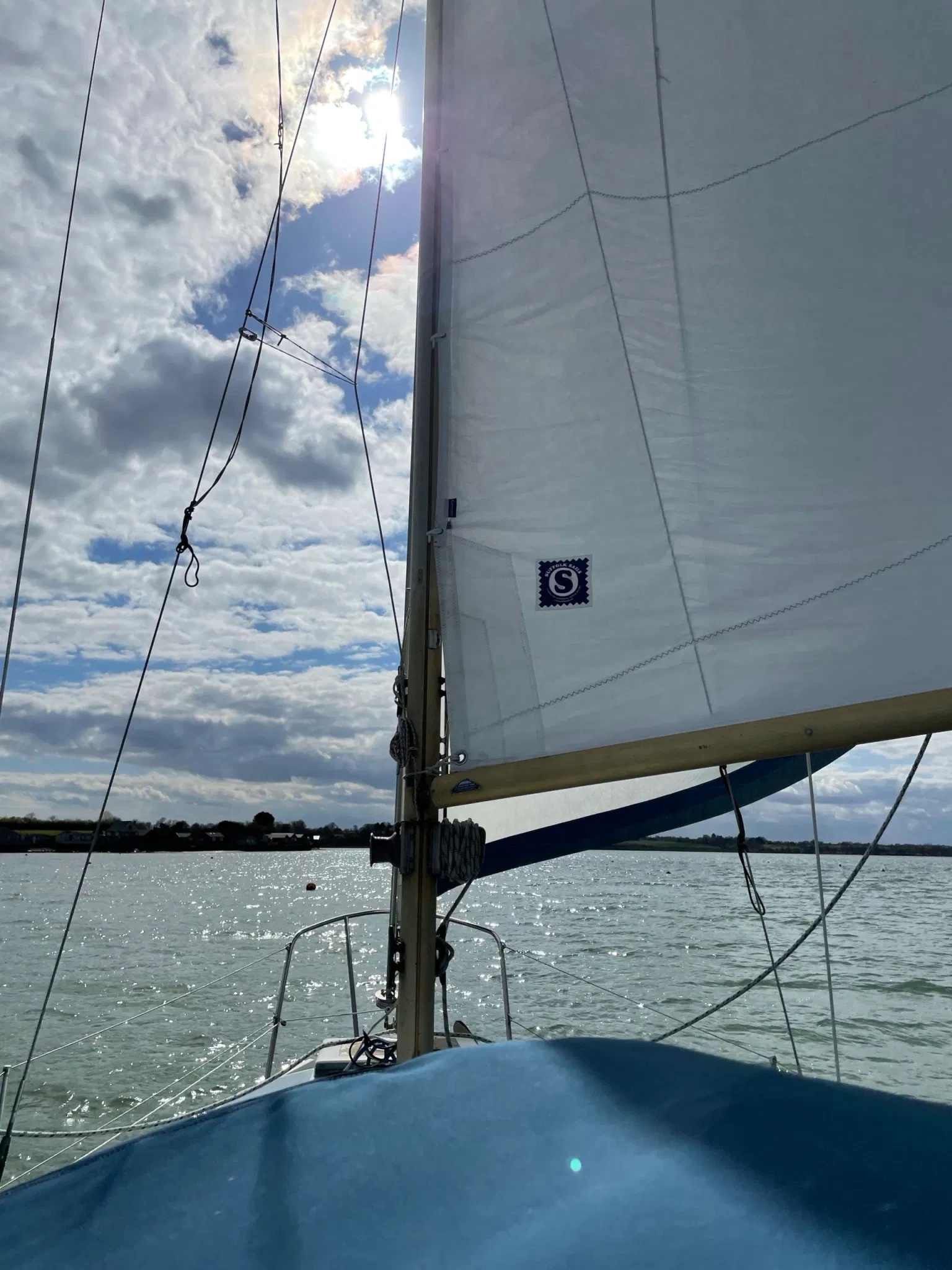Do not love the world
Do not love the world or anything in the world. If anyone loves the world, love for the Father is not in them. 16 For everything in the world – the lust of the flesh, the lust of the eyes, and the pride of life – comes not from the Father but from the world. 17 The world and its desires pass away, but whoever does the will of God lives forever.
1 John 2:15-17
I used to be very politically active. I worked with a local “prospective parliamentary candidate” on two occasions to try to get him elected to parliament. (He wasn’t). I twice stood for election to my local council. (I wasn’t). I even went through the process of joining the party’s candidates’ list so that I could stand for parliament myself. (They rejected me). Something that I remember vividly from this time however, was that the party was absolutely insistent that membership of their party was incompatible with membership of any other party. I suppose it makes sense. But when I was just beginning out in politics at university, the idea of joining all the main parties was quite appealing. By keeping a foot in all the camps (aside from requiring me to grow more feet) would have enabled me to find out what each of the parties was really about. It would have given me an insight into who they were, of what they believed, and perhaps keep my options open with regard to my own potential political career. But I played by the rules, and joined only the one party.
John today tells his readers that citizenship of God’s kingdom is incompatible with citizenship of “the world” – the world of sin and darkness which is the realm of the devil. It is not possible to follow God and to live an actively sinful life. If we try to keep our feet in both camps, the truth is that we are not really part of God’s kingdom at all, since that incompatibility would show that ultimately we lack trust in God’s ability and willingness to transform our lives and open the gates of heaven to us. As John says, “if anyone loves the world, love for the Father is not in them.” It simply isn’t possible to keep our options open; we either follow God wholeheartedly or else we are lost to him. If we fail to grasp the significance of who he is and what he has done for us, and strive to live lives that honour him, then the truth is that we don’t wholly love him.
John provides us with some specifics that might demonstrate to us that our relationship with the father might not be as secure as we might like to think. He lists three types of sin in this context. He talks about the lust of the flesh, which suggests that we chase after things that bring pleasure to our bodies but which are actually empty and meaningless. Maybe we stuff ourselves with food to bring ourselves pleasure. Maybe we drink to excess. Perhaps we use drugs that bring temporary satisfaction but which ultimately harm our bodies. Perhaps we chase pleasure by sleeping around or by using pornography. These actions are all incompatible with a genuine relationship with the father and suggest that “love for the Father is not in [us].”
The second sin John mentions is “lust of the eyes.” This suggests that we break the commandments against coveting and succumb to materialism. It might be that we lust after a new car, a bigger house, the latest phone, or a fatter pay check. It might also suggest that we lust sexually after someone to whom we are not married. Again, John stresses the incompatibility of these desires with a genuine relationship with the Father.
The third sin John singles out is “the pride of life.” If we find ourselves striving for recognition, praise, for applause then we have fallen victim to this sin and the Father is not genuinely in us.
To fall victim to these three sins is to follow the ways of the sinful world. Citizenship of that world is incompatible with citizenship of God’s kingdom. Ultimately, of course, if we pursue those things that bring satisfaction to our bodies, that make ourselves feel better about ourselves, we are pursuing a short term avenue. John tells us that “the world and its desires pass away, but whoever does the will of God lives for ever.”
It is foolish therefore to pursue short term pleasure. Instead we should fix our eyes on Christ, to reflect on his sacrifice, and strive to live as he did in the world – a life of sacrifice, a life in which we put God above all things, and others before ourselves. Not easy, but ultimately far more rewarding than living the way of the world.


















Leave a Comment